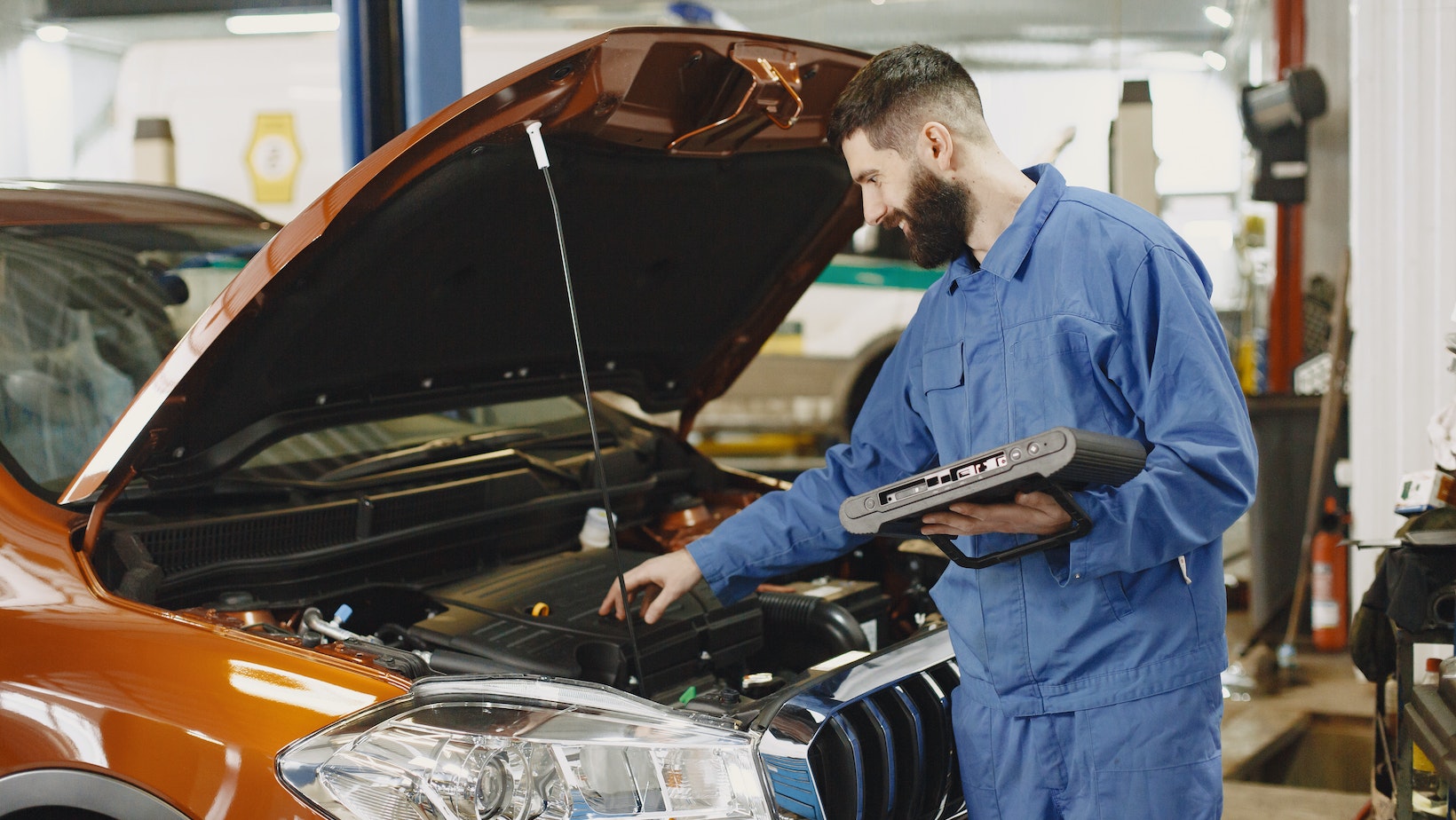Wondering why an auto body shop would ask you to sign a DOP? Well, let me shed some light on this common practice. When you take your vehicle to an auto body shop for repairs or maintenance, it’s not uncommon for them to request that you sign a DOP, which stands for “Direction of Payment.” But what exactly is the purpose of this document?
Why Would an Auto Body Shop Ask You to Sign a DOP
When you take your vehicle to an auto body shop for repairs, you may be asked to sign a DOP, which stands for “Direction of Payment.” At first, it might seem puzzling why an auto body shop would request such a document. However, understanding the purpose behind this request can shed light on its importance.
One of the primary reasons an auto body shop asks customers to sign a DOP is to protect their interests and ensure payment for services rendered. By signing this document, you are essentially authorizing the insurance company or other third-party payer to directly pay the auto body shop for the repairs. This helps streamline the payment process and reduces any potential delays or disputes that could arise between different parties involved.
By having customers sign a DOP, auto body shops can also safeguard against fraudulent claims or non-payment situations. It acts as a legal agreement between all parties involved, ensuring that the repair costs will be covered by either your insurance provider or another entity responsible for paying for damages.
The Importance of Signing a DOP
Signing a DOP is crucial because it establishes clear communication and financial accountability between you as the customer and the auto body shop. It ensures that there is proper documentation in place regarding who will cover the cost of repairs and how payment will be processed.
Moreover, signing a DOP can expedite the repair process since it eliminates any potential delay caused by waiting for reimbursement from insurance companies or other third-party payers. This allows auto body shops to promptly begin working on your vehicle without worrying about financial issues hindering progress.
Additionally, signing a DOP demonstrates your commitment to fulfilling your end of the bargain by paying any deductibles or expenses not covered by insurance directly to the auto body shop. It shows responsibility and helps maintain trust between both parties involved in restoring your vehicle back to its pre-damaged condition.

The Importance of Documentation in Auto Body Shops
As an expert in the auto body industry, I understand that documentation plays a crucial role in ensuring a smooth and transparent process for both the auto body shop and its customers. In this section, I will explain why auto body shops often ask customers to sign a DOP (Declaration of Prior Damage) and highlight the importance of documentation in this context.
- Protecting the Shop and Customer: By asking customers to sign a DOP, auto body shops aim to protect themselves from any potential liability or disputes regarding pre-existing damage on a vehicle. This document serves as proof that certain damages were present before any repair work began, safeguarding both parties involved.
- Maintaining Transparency: Documentation helps maintain transparency throughout the repair process. By accurately recording all damages and repairs performed on a vehicle, auto body shops can ensure that customers are well-informed about the extent of work done and any associated costs. This promotes trust between the shop and customer.
- Insurance Claims Processing: Accurate documentation is essential when filing insurance claims for auto body repairs. Insurance companies rely heavily on detailed records to assess claim validity, estimate costs, and verify if damages are related to reported incidents. Having comprehensive documentation readily available expedites the claims process.
- Legal Compliance: In some cases, certain regulations may require auto body shops to have proper documentation for their operations. Adhering to these regulations ensures that shops operate within legal boundaries and maintain high standards of professionalism.
- Quality Control: Detailed documentation aids in quality control measures undertaken by auto body shops during repairs or restorations. By keeping thorough records of parts used, repair procedures followed, and any additional notes or instructions, technicians can refer back to these documents if issues arise later or for future reference.
In conclusion, the importance of documentation in auto body shops cannot be overstated. It protects both the shop and the customer, ensures transparency, facilitates insurance claims processing, helps meet legal requirements, and aids in maintaining quality control standards. By asking customers to sign a DOP and maintaining comprehensive documentation throughout the repair process, auto body shops can enhance trust, efficiency, and professionalism.


